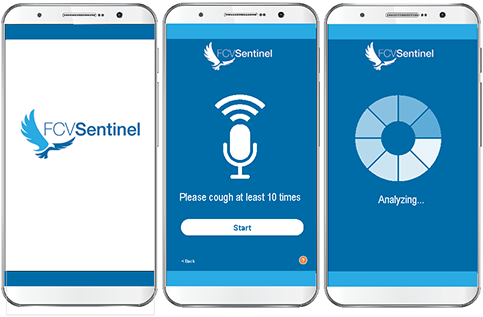air quality human impact program (aqhip)
The Air Quality Human Impact Program (AQHIP) is a program focused on studying and addressing the impacts of air quality on human health and well-being. Air quality can have significant effects on human health, particularly when pollutants like particulate matter (PM2.5), ozone (O3), nitrogen dioxide (NO2), sulfur dioxide (SO2), and carbon monoxide (CO) are present at elevated levels. These pollutants are emitted from various sources, including vehicle emissions, industrial processes, and natural sources.
Programs and initiatives aimed at understanding and mitigating the human impacts of poor air quality might involve research, policy development, public awareness campaigns, and interventions to reduce pollution sources. These efforts could include promoting cleaner energy sources, improving transportation systems, implementing stricter emission standards for industries, and encouraging individuals to take actions that improve air quality and protect their health.
Many countries in the LATAM region have experienced rapid urbanization and industrialization, leading to increased vehicle emissions, industrial pollution, and construction activities. These factors contribute to poor air quality, especially in densely populated urban areas.
-Source: "The State of Global Air 2020" report by Health Effects Institute and Global Burden of Disease Project.
Deforestation and agricultural activities, such as burning of fields, can release large amounts of pollutants into the air, including particulate matter and greenhouse gases.
-Source: United Nations Environment Programme (UNEP) reports on deforestation and agriculture.
Poor air quality is associated with various health issues, including respiratory diseases, cardiovascular problems, and premature deaths. Vulnerable populations, such as children, the elderly, and individuals with preexisting health conditions, are particularly at risk.
-Source: World Health Organization (WHO) reports on air pollution and health impacts.
In the LATAM region, challenges like a lack of awareness about air pollution's health risks, regulatory difficulties, climate change connections, and economic repercussions underscore the need for action. Informative campaigns drawing from health agencies, research institutions, and NGOs can enlighten communities about pollution's sources, health effects, and exposure prevention. Overcoming regulatory obstacles, fueled by insights from environmental agencies and global organizations, is crucial. Recognizing the intertwining of air quality and climate change, as highlighted by the IPCC, emphasizes the potential benefits of a comprehensive approach. Furthermore, addressing economic consequences supported by national and international studies can foster a collective commitment to ensuring healthier environments for all.
¿Why join AQHIP?

CONTRIBUTE TO RESEARCH
Your collaboration will help scientists and policy makers make informed decisions to improve air quality standards.

PROTECT HEALTH
The FCV Sentinel app acts as your personal biometric sensor, alerting you to potential health issues related to changes in air quality.

GLOBAL IMPACT
AQHIP is a global initiative and your participation will contribute to a worldwide effort to create cleaner and healthier environments for all.
Follow-up that provides an early warning for users, achieving an excellent work environment.
FCV Sentinel is a threat-independent early warning system, based on RAIsonance's patented technology: Forced Cough Vocalization (FCV) analysis. This tool is designed to detect subtle changes that may be the result of exposure to a pathogen, chemical agent, or environmental toxin experienced by the user. These changes are reported as an FCV Impact Score, with higher numbers indicating little or no change. Lower numbers indicate noticeable differences that may warrant further attention. For businesses and organizations, aggregated data is presented on interactive dashboards in near real time and can be customized to track readiness by group, location, region, etc.


¿HOW TO JOIN?
¡Joining AQHIP is simple and free! Just follow these steps:
- Visit our website and click the "Join AQHIP" button.
- Complete your information and create an account.
- Download the FCV Sentinel app for free from the link provided.
- Use the application to monitor air quality and detect possible health problems in your environment.
Participation options
You can choose a tariff convenient for you
Reviews of successful graduates
Lorem ipsum dolor sit amet, consectetuer adipiscing elit

 .
.